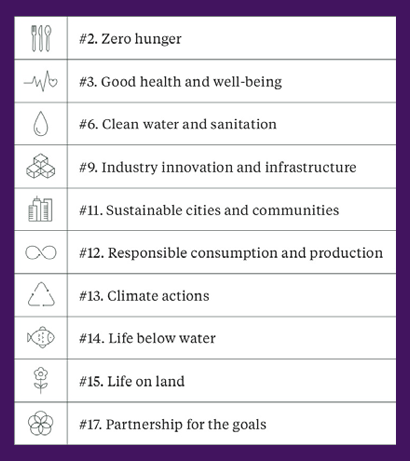Industry Insights
Your ESG Score Matters
What is an ESG score?
An organization’s Environmental, Social and Governance (ESG) score is a measurement of their sustainability and societal impact. In 2015, the United Nations established the 17 Sustainable Development Goals (SDGs) as a framework to help organizations set and measure their ESG goals.
Why does your ESG matter?
Organizations of all sizes are challenged – no, expected – to contribute to sustainability. Investors, customers, and other stakeholders are holding companies accountable for affecting positive change locally and globally. “Climatization” is playing out in every corner of society.
Where do bees fit in?
Environmentally conscious citizens are mostly aware of the plight of pollinators and want to do something about it. Bees are responsible for the fertilization of many flowering plants, including 75% of food crops. As biologists know from the last 15 years of scrutiny, bees are dying at an unprecedented rate due to disease, pesticides, loss of habitat, and climate change.
As a result, more and more organizations are embracing the idea of bringing honeybee hives to their properties as part of a broader sustainability program (bees prove to generate a lot of buzz among stakeholders). But it’s important to tie such an effort to strategic objectives to ensure it adds empirical value.
What about greenwashing?
To be effective, a sustainability team must avoid “greenwashing” or exaggerating the environmental benefit of a given effort, which can lead to an eco-friendly reputation being undermined. Fortunately, there is one surprisingly efficient way to make an outsized impact on bee health and the environment at large.
